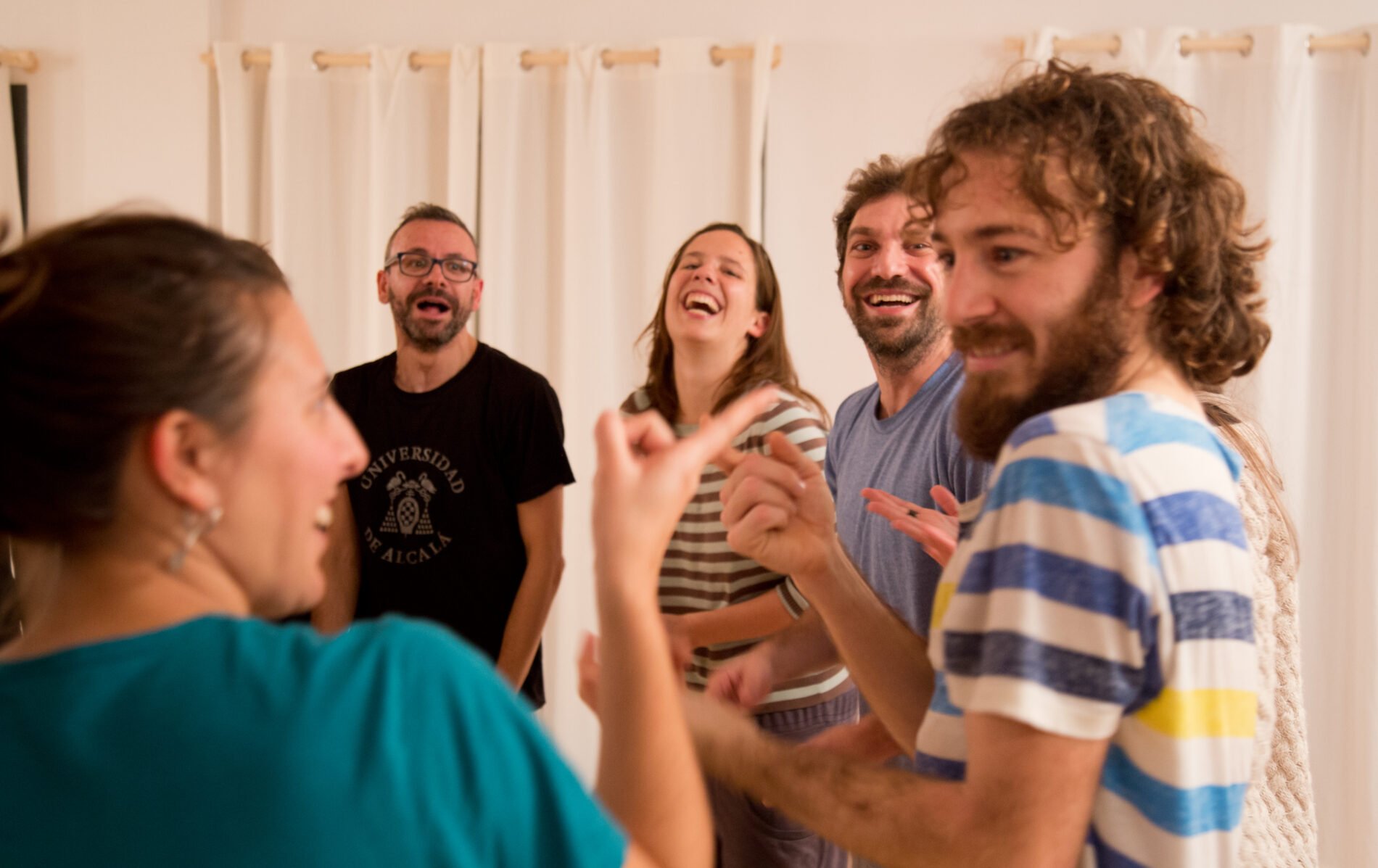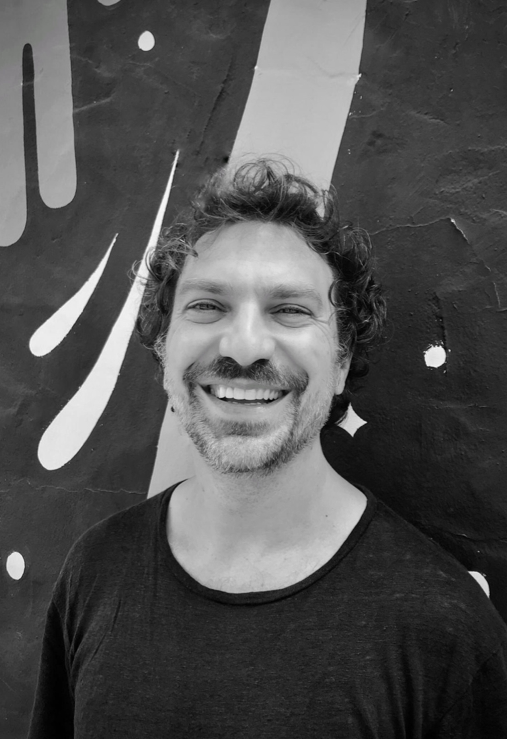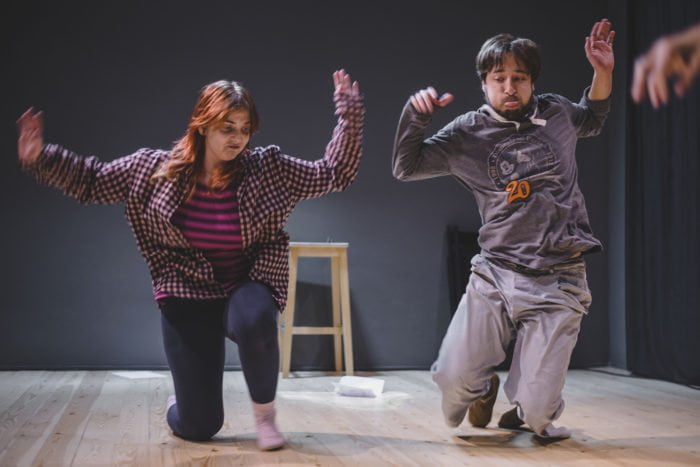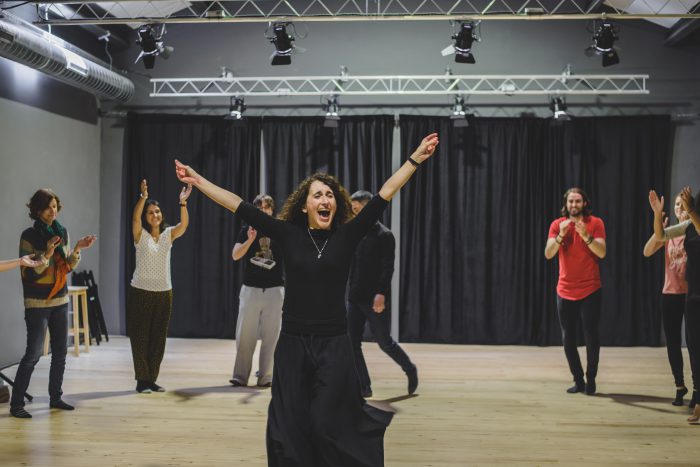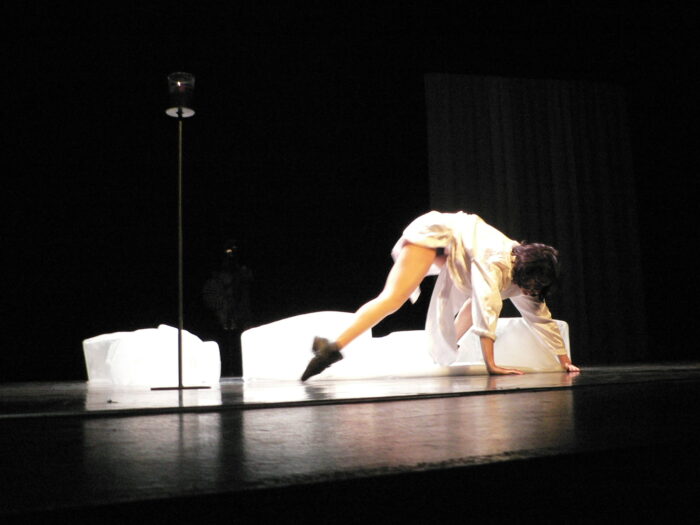Clown Consciousness Initiation
with Pau Rossell
A workshop to get started in the work of Clown Consciousness.
We understand clown as a state that we all possess and to which we can all voluntarily access.
This state shares several aspects with the state in which boys and girls live: Passionate, innocent, honest, sometimes clumsy, living in the present, without judgment, transparent, naive, vulnerable, tender.
We start from scratch to reach the “clown state” through body and movement, a lot of play and improvisations. All this through the validation and monitoring of impulses and work from pleasure.
We explore situations outside our comfort zone, and see that it is “very cool” to surprise ourselves. We seek to be relaxed and have pleasure on stage.
At all times the aim is to promote self-knowledge and confront mental limitations and fears to overcome them and achieve a state of more presence, authenticity, freedom, creativity and joy.
Objectives
- Recover the game and the playful attitude to incorporate it into daily life. Learn to be in enjoyment.
- Let go of physical, mental and emotional rigidity to inhabit fluidity, simplicity and innocence.
- Give yourself permission to be “clumsy”, “stupid” and “imperfect” and be able to play with all of it.
- Disidentify from the social character and experience the freedom of exploring different internal characters unknown or little experienced previously.
- Learn to live in the present moment without speculating or living for the result.
- Know and inhabit the clown state. A state of open heart, innocence and curiosity.
Contents
- The clown state as an internal state that we can all access. Differences between clowning as an attitude or as a series of actions.
- The permanent search for play and pleasure on stage, as a guide and support in improvisations.
- The state of listening to perceive one’s own impulses and carry them out, with the vertigo and uncertainty that it can sometimes cause. Acceptance of risk and trust in impulses.
- The difference of the “fourth wall” between traditional theater and clowning. Looking and listening to the public as a mechanism to “break the fourth wall.”
- The importance in constant practice of being light and feeling free on stage.
Schedule and prices
Targeted
To all people who wish to come into honest contact with themselves and with others, with play, pleasure and the absurd from their naivety. Workshop suitable for people with and without experience in clown and the performing arts.
Date
From January 16 to March 19
Schedule
Tuesdays from 10:30 a.m. to 12:30 p.m.
Price 240€
Discounts
10% Socixs AADPC
15% Socixs ACET
20% Graduadxs en el Institut del Teatre




